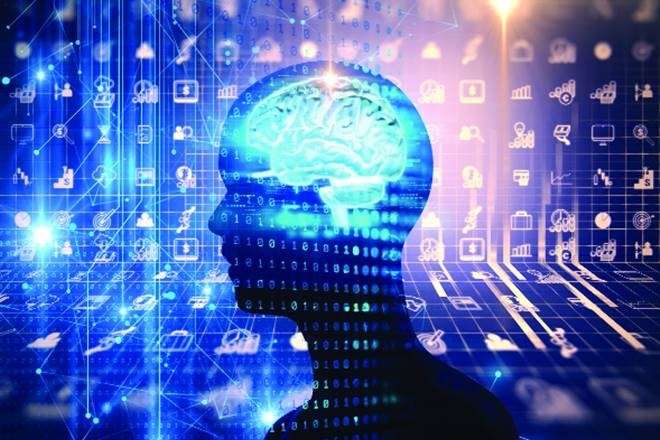Three pioneers of artificial intelligence (AI) have won one of the most prestigious awards in computer science, the $1-million Turing Award. Yoshua Bengio, Geoffrey Hinton and Yann LeCun won the award for work they did on deep neural networks. Their work over the past several years incorporated the usage of algorithms to recognise and institutionalise patterns in data that recognised languages, environments and objects and led to breakthroughs in speech recognition, robotics and machine learning of digital images and videos. Neural networks are a critical component of robotic systems that are automating a wide range of human activity through machine learning and form the conceptual base of AI.
Also read: Watch: Samsung Galaxy Fold survives impressive 200,000 folds in new video, outdoes Huawei Mate X
In recent years, deep learning methods have been responsible for astonishing breakthroughs in applications across the breadth of human endeavours. These days, everyone with a phone can see the tangible experiential advances in natural language processing and computer vision that were not possible just 10 years ago. Other application fields that utilise the technology are healthcare, medicine, astronomy, education, urban development, transportation, etc. Indeed, as per NITI Aayog estimates, AI could mean a 15% boost for the GVA for the economy by 2035—the government think tank estimates AI could potentially add $957 billion to India’s $6,397 billion dollar GVA projected for that year. Worldwide, according to a study by IDC, AI represented $12 billion in market investment in 2017. By 2021, that figure is expected to rise to $57.6 billion. It is also predicted that 40% of digital transformation projects will be based on AI technology by 2019 and, in addition, 75% of business tools will use this technology by 2021. If anyone deserved the prestigious Turing award, it is indeed Bengio, Hinton and LeCun.


